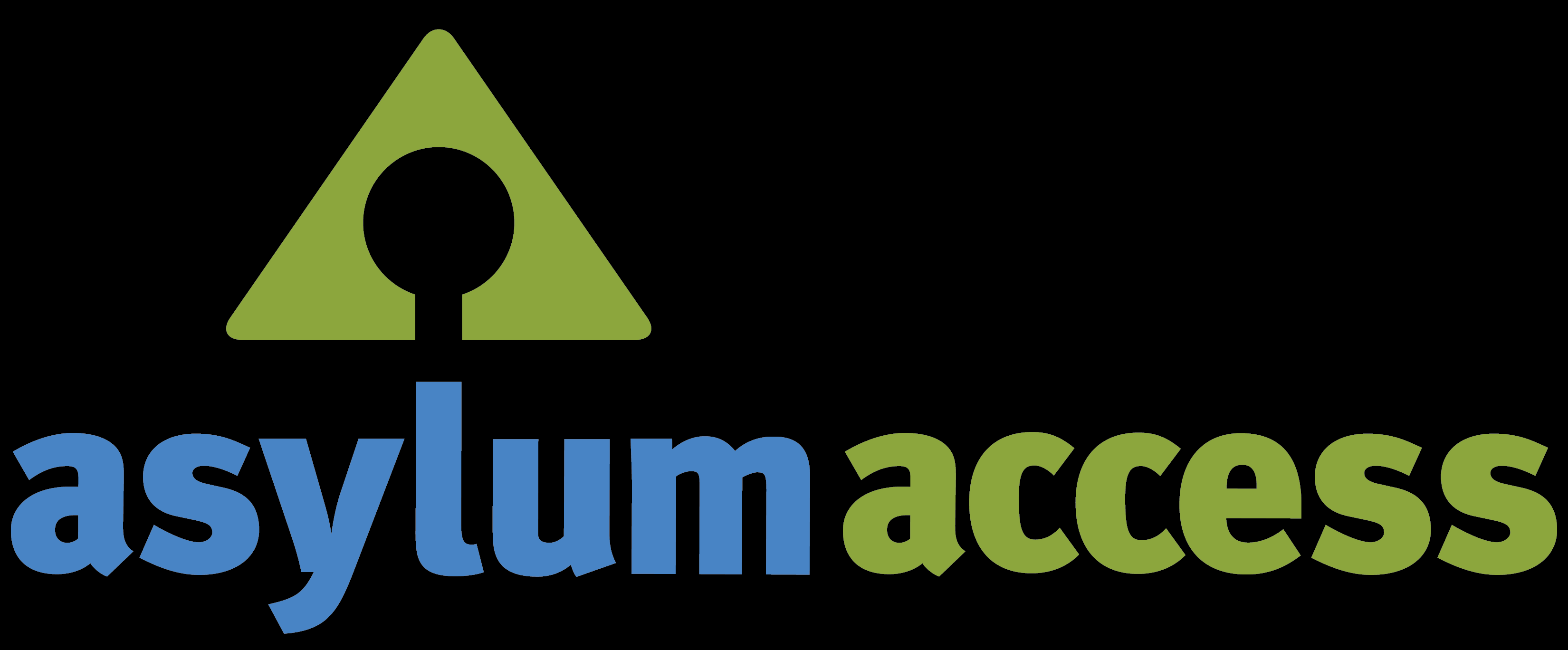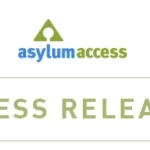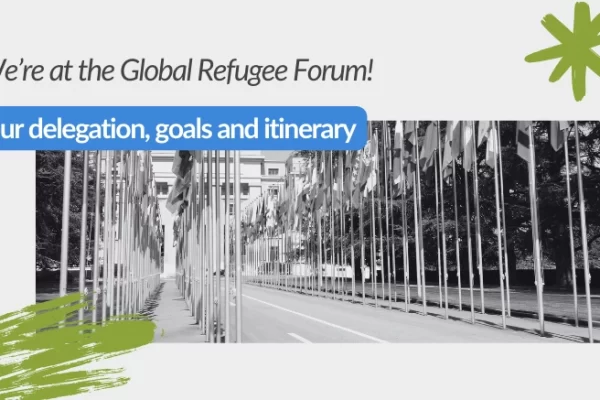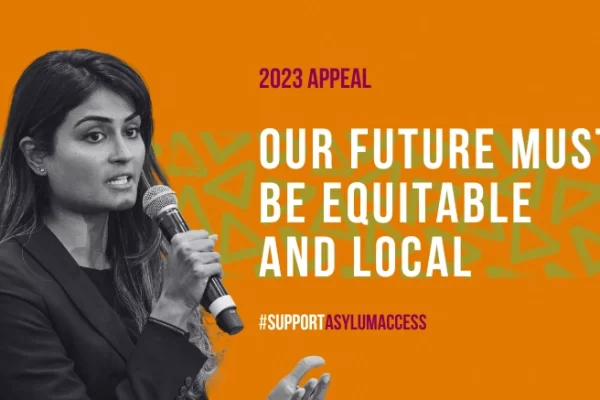CIVIL SOCIETY ORGANIZATIONS DEMAND A REGIONAL AGREEMENT FOR BETTER PROTECTION FOR VENEZUELAN MIGRANTS
May 11, 2018 (en español abajo)
FOR IMMEDIATE RELEASE:
Santo Domingo: Today nearly 30 civil society organizations from across the Americas called on the Inter American Commission of Human Rights to provide better coordination and technical assistance for States in the region to address the Venezuelan migrant crisis.
“Venezuelan migrants in Latin America, and the Dominican Republic is no exception, are in a vulnerable situation,” said Ana María Rodríguez, a Venezuelan migrant living currently in the Dominican Republic. “We don’t want to be given anything we can obtain with our own effort. But we do want a concrete plan of action, with appropriate judicial processes in accordance with due process and the law, that don’t include arbitrary detention and deportation. We want to make it clear that if we could, we would return to Venezuela, but that is not possible now and it won’t be in the near future.”
In the last two years, it is estimated that 1.2 million Venezuelans have emigrated from Venezuela due to the crisis, the lack of security and the scarcity of medicines. By January of 2018, according to the UN High Commissioner for Refugees (UNHCR), 133,574 Venezuelans had applied for refugee status, and 350,861 sought alternative migratory status throughout the Americas and Spain. “The current political and economic crisis, caused by the absence of the State, are key drivers of the current Venezuelan migration. However, this situation will not have an immediate solution, even if there is a transition in the government,” said Ligia Bolivar, of the Human Rights Center at Universidad Católica Andrés Bello (UCAB).
“Our region is not equipped to deal with this migratory phenomenon. Moreover, it has been predicted that, after the election on May 20, there will be another spike in Venezuelan migration,” said Francisco Quintana, Director of the Regional Program for the Andes, North America, and the Caribbean at the Center for Justice and International Law (CEJIL). Given this context, the petitioners indicated that the countries of Latin America and international organizations need a concrete and clear plan of action that guarantees the highest standards of protection for migrant, refugee, and asylum seekers’ rights, as well as economic, social, cultural, and environmental rights.
Furthermore, the petitioners provided further analysis on the context and risks faced by Venezuelan migrants in different countries, highlighting the situation of women and children and the lack of access to documentation and education in Colombia and Ecuador; the militarization of borders and the return of migrants from Brazil, Colombia, and Ecuador; smuggling, human trafficking, forced and sexual labor in Brazil and Ecuador, the system of regularization and visas for Venezuelan migrants in Chile, Central America and the Dominican Republic, among other points of concern.
“The percentages of denial and non admission of refugee status applications are too high. For example, in Colombia, of the 2,073 applications for refugee status, 57 have been approved; in Ecuador, of the 2,322 applications, 6 have been admitted to the process. This trend, which has been seen in nearly all countries, sheds light on the need to provide special, effective and lasting protection,” said Guillermo Rovayo of Misión Scalabriniana in Ecuador.
Given this context, civil society organizations requested that the IACHR make a call for the region’s governments to come together to develop a concrete action plan that focuses on increasing the depth and reach of the Global Compacts on Refugees and Migration; use the existing Coordination and Timely and Integrated Response Room (SACROI) Venezuela to 1) monitor the Venezuelan migrant situation, 2) collaborate in identifying the dimensions of the problem, and 3) provide technical assistance to States to incorporate a human rights focus; and work with the UN Special Rapporteur on the human rights of migrants.
ORGANIZACIONES DE LA SOCIEDAD CIVIL EXIGEN ACUERDO REGIONAL PARA MAYOR PROTECCIÓN DE PERSONAS MIGRANTES VENEZOLANAS
Santo Domingo: Casi 30 organizaciones de sociedad civil de las Américas solicitaron ante la Comisión Interamericana de Derechos Humanos (CIDH) una mayor coordinación y acompañamiento técnico a los Estados de la región para afrontar la crisis de la migración forzada venezolana.
“Los y las migrantes venezolanas en Latinoamérica, y la República Dominicana no es la excepción, estamos en situación de vulnerabilidad”, dijo Ana María Rodríguez, migrante venezolana que actualmente radica en la isla caribeña. “No queremos que nos den nada que no podamos lograr con nuestro propio esfuerzo. Pero sí queremos un plan de acción concreto, con procesos judiciales ajustados al debido proceso y la ley, que no lleven a detenciones arbitrarias ni a deportaciones. Queremos dejar en claro que si nosotros pudiéramos regresaríamos a Venezuela, pero ello no es posible ni en este momento ni en un futuro cercano”.
En los últimos dos años, se calcula que más de 1.2 millones de personas venezolanas han emigrado de su país a raíz de la grave crisis, la falta de seguridad y la escasez de medicamentos. Para enero de 2018, de acuerdo con el Alto Comisionado de las Naciones Unidas para los Refugiados (ACNUR), 133,574 personas venezolanas habían solicitado asilo, y 350,861 buscaron formas alternativas para su estadía a lo largo del continente americano y España. “La crisis política y económica que ocurre dentro del país, provocada por una ausencia del Estado, impulsó la gran mayoría de estas salidas. Sin embargo, esta situación no tendrá una solución inmediata aún si ocurre un cambio de gobierno”, señaló Ligia Bolivar, del Centro de Derechos Humanos de la Universidad Católica Andrés Bello (UCAB).
“La región no está del todo preparada para este proceso migratorio y se pronostica que después de la elección del 20 de mayo habrá otro pico fuerte de migración Venezolana”, indicó Francisco Quintana, Director del Programa para la Región Andina, Norteamérica y el Caribe del Centro por la Justicia y el Derecho Internacional (CEJIL). Ante este contexto, las organizaciones peticionarias señalaron que los países de América Latina y Caribe, así como las organizaciones internacionales necesitan un plan de acción claro y concreto que garantice los más altos estándares de protección en materia de derechos de migrantes, refugiados/as y solicitantes de asilo, al igual que derechos económicos, sociales, culturales y ambientales.
Por otra parte, los y las peticionarias brindaron mayor análisis sobre el contexto y los riesgos enfrentado por dicha migración en el continente y el Caribe, destacando la situación de mujeres, de la niñez, la falta de acceso a documentación y educación; la militarización de fronteras y devolución de migrantes; la trata, el tráfico humano, trabajo forzado y sexual, y esclavitud, el sistema de regularización y visados de migrantes, entre otros puntos.
“Los porcentajes de negación o inadmisión de peticiones de refugio son demasiadas altos. Por ejemplo en Colombia de 2,073 solicitudes se han aprobado 57; en Ecuador de 2,322 solicitudes, se han admitido seis. Esto, que se repite en todos los países, da cuenta de la imperiosa necesidad de proveer una protección especial, efectiva y duradera”, señaló Guillermo Rovayo de la Misión Scalabriniana de Ecuador.
Dado este panorama, se le solicitó a la CIDH que hiciera un llamado a un plan de acción concreto que profundice los Pactos Globales de Migración; dirija el uso del ya existente SACROI (Sala de Coordinación y Respuesta Oportuna e Integrada) sobre Venezuela de la misma CIDH para: 1) monitorear la situación de personas migrantes venezolanas, 2) colaborar en identificar la dimensión del problema; y 3) incorporar un enfoque de derechos que permita además dar una asistencia técnica a los Estados; y trabajar de manera conjunta con la Relatoría de derechos de las personas migrantes y refugiadas de Naciones Unidas.
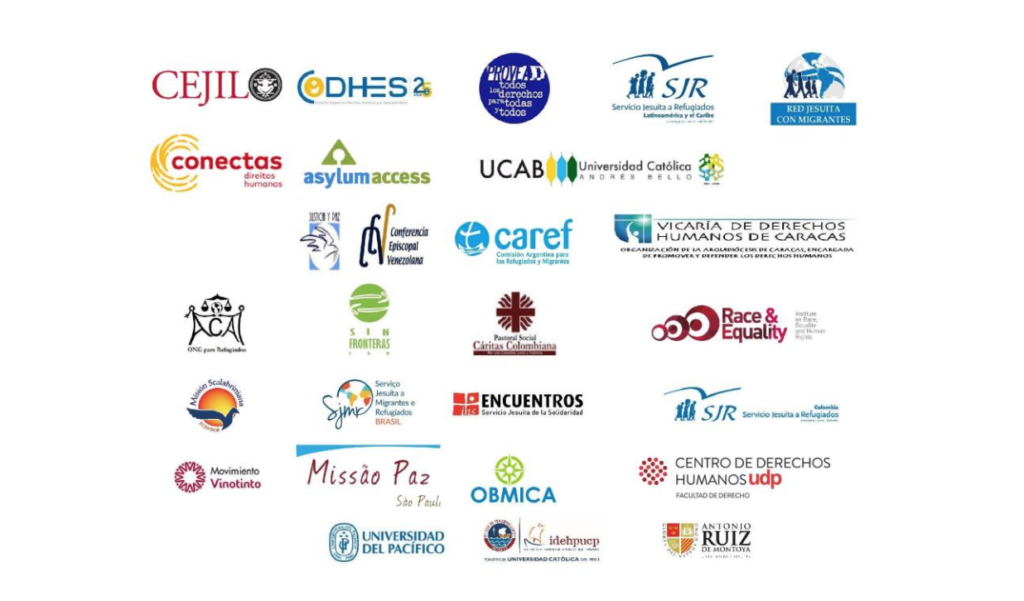

Media requests
Caroline Asiala
Special Projects and Communications Lead
caroline.asiala@asylumaccess.org
+593 99 957 1815

